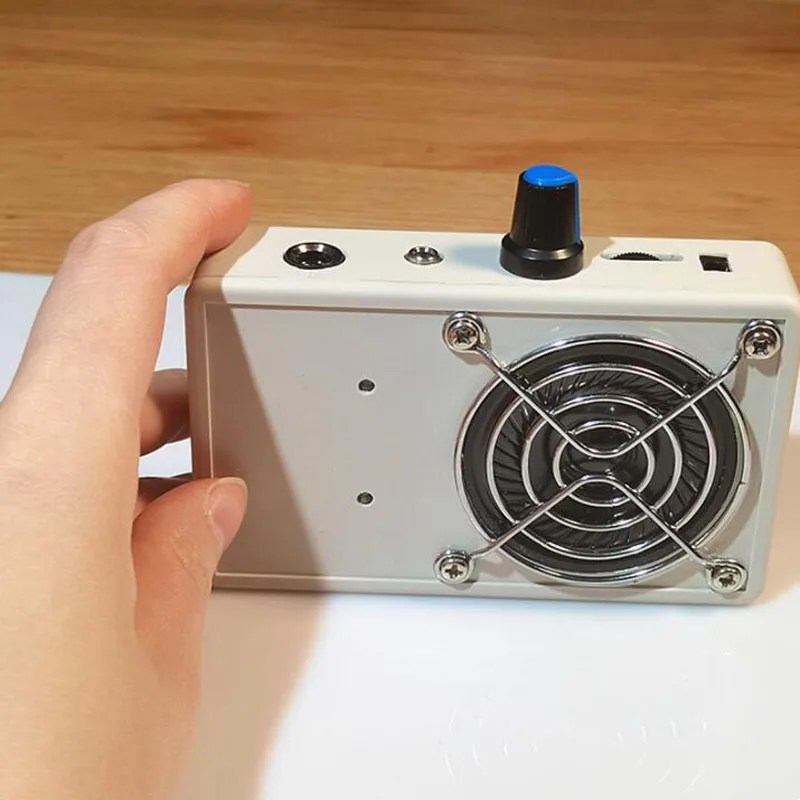When most people hear the term Morse Code, they think of old war movies or ancient telegraph operators tapping away on brass keys. But Morse Code is more than a relic of history—it’s a survival skill that could one day save your life.
A Language Beyond Technology
Unlike texting, phone calls, or emails, Morse Code doesn’t require electricity, internet, or even modern tools. All you need is a way to create sound, light, or signals. That could mean tapping on a wall, flashing a flashlight, or banging two rocks together. In survival scenarios, this kind of low-tech communication could be priceless.
When Words Aren’t Possible
Imagine you’re trapped, injured, or unable to speak. With Morse Code, you could signal for help using simple patterns. Even three short taps, three long taps, and three short taps—the famous SOS—could alert rescuers to your location. It’s a universal cry for help that transcends language barriers.
A Global Survival Language
If society collapsed tomorrow and digital communication failed, Morse Code would still work. It’s easy to learn, requires no special equipment, and has been understood worldwide for over 150 years. That makes it one of the few “languages” nearly everyone could potentially recognize.
Training Your Brain for Survival
Learning Morse isn’t just about safety—it also sharpens your memory, focus, and problem-solving skills. Just a few minutes a day practicing dots and dashes can keep your mind sharp while giving you a skill that might one day save your life.
A Simple First Step
You don’t have to memorize the entire alphabet right away. Start small:
-
Learn SOS (··· ––– ···).
-
Practice your name in Morse.
-
Try sending short signals with a flashlight at night.
These small steps could make a big difference in an emergency.
The modern world makes us feel invincible with smartphones, satellites, and Wi-Fi everywhere. But history shows how fragile that system can be. Morse Code is a timeless backup plan—a lifeline when everything else fails.
Learn it now. Your life could depend on it.


